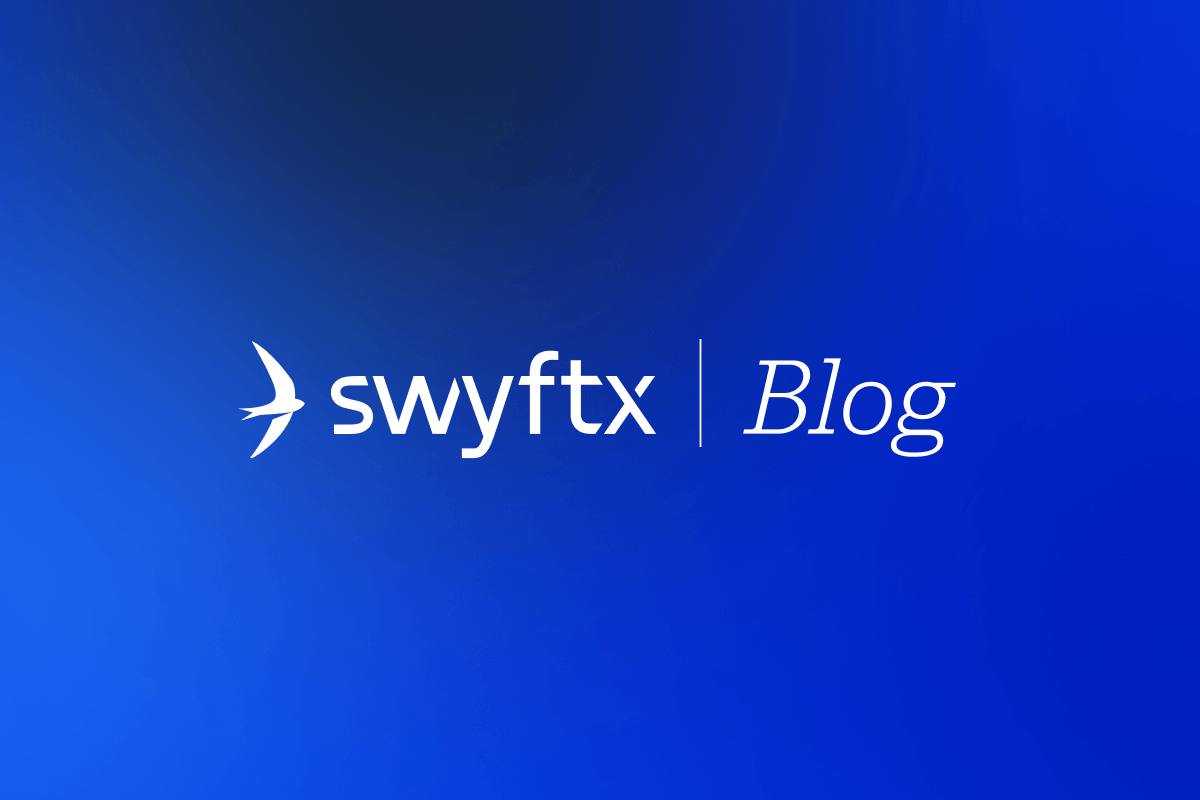- > Bitcoin ETF enters the top five biggest global ETFs
- > Solana experiences first outage in 12 months
- > FTX expects full repayment to customers, scraps relaunch plan
- > Ethereum Name Service partners with GoDaddy
Bitcoin ETF enters the top five biggest global ETFs
BlackRock’s Bitcoin ETF, the iShares Bitcoin Trust, has recorded more than USD $3 billion in capital inflows since launching last month.
Crypto’s landmark moment feels like it was just yesterday – but the first-ever spot Bitcoin ETFs were approved almost a month ago. A lot has happened since then. The price of BTC jumped, slumped, held steady and is finally back on the rise again.

But despite the crypto market’s middling performance, the same cannot be said for the now-active Bitcoin ETFs. Last week was a particularly standout, with Coinshares reporting crypto funds seeing net inflows of over USD $700 million. 99% of the new money pouring into the market went into spot Bitcoin ETFs, as the total assets under management (AUM) of global crypto funds toppled the US $1.5 billion milestone.
Put it all together? Financial giant BlackRock’s Bitcoin product, IBIT, has burst into the top five exchange-traded products based on inflows. The fund now boasts a whopping USD $3.2+ billion of inflows since its launch less than a month ago.
So even though the ETF missed the first week of trading in the US, it is still comprehensively beating 99.8% of other funds in 2024 in terms of YTD inflows.
Solana experiences first outage in 12 months
The market barely batted an eye as Solana went under for close to five hours.
Solana, the crypto world’s second-biggest DeFi network, suffered a significant network outage earlier this week. The protocol was inaccessible for nearly five hours on Tuesday, leaving over AUD $2B worth of locked crypto hanging in the balance.
One might expect such downtime to be a calamitous event that would send investors scrambling – but in reality, the SOL token slept through the outage. After initially falling approximately 3% in response to the network failing, Solana’s native token recovered the losses before the protocol had even reset.
This is the first outage Solana has experienced in a year, and its sixth overall. This downtime has been a source of criticism for Solana in the past and remains a threat to the scalability of the network.
If you’ve seen The Social Network, you’ll know a core principle that underpins the philosophy of Mark Zuckerberg’s Facebook – it…must…never…go…down.
This also applies to blockchain networks. If more downtime occurs, it could encourage DeFi applications to move over to newer networks because downtime has massive implications for DeFi platforms and traders that can cause significant losses.
Solana’s Firedancer upgrade slated for later this year, aims to address this issue and improve overall network reliability.
FTX expects full repayment to customers, scraps relaunch plan
FTX has already collected USD $7 billion worth of assets for repayment purposes.
Disgraced exchange FTX has fallen short of a miraculous comeback after SEC Chair Gary Gensler greenlit a potential return. Amid the defunct company’s bankruptcy proceedings, the current board had been canvassing potential investors looking to revive the trading platform. However, after months of trying, it appears they have given up after no bidder was willing to come to the table and fund the relaunch of FTX.
As part of the bankruptcy hearing, FTX attorney Andy Dietderich said this failure demonstrated the impact Sam Bankman-Fried’s criminal activities had on the company:
“FTX was an irresponsible sham created by a convicted felon…the costs and risks of creating a viable exchange from what Mr Bankman-Fried left in a dumpster were simply too high”.
Abandoning the relaunch plan comes with good and bad news for FTX customers. The good news is the team can now turn their attention to repaying all the customers in full. The government has even agreed to suspend their fines until FTX has ensured all victims of the exchange collapse have been compensated (USD $9 billion).
However, the bad news is customers will be repaid based on the value of assets in November 2022… the middle of an icy crypto winter. Bitcoin, for example, is worth nearly three times more now than it was at the time of FTX’s downfall.
Customers will likely have to wait a while before seeing any compensation though – if Mt.Gox’s decade-long repayment plan is anything to go by.
Ethereum Name Service partners with GoDaddy
The collaboration will allow users to access Ethereum-based Web3 services using any old domain name they own.
GoDaddy are more-or-less the kings of domain names, and Ethereum Name Serivce is a market leader when it comes to web3 domains. So the two partnering up seems like a match made in heaven. It appears the powerbrokers of each project agrees, with the duo entering a collaborative partnership earlier this week. The ultimate goal is to create superior interoperability between the traditional, DNS web (like this website, for example) and Web3.
Ethereum Name Service (ENS) is an integral feature to improving DeFi adoption. Anybody who’s navigated Web3 knows that double-checking long, jibberish-looking wallet addresses every time you make a transaction is a serious pain. ENS simplifies this by creating a .eth domain that can be connected to multiple wallets and then used across the DeFi ecosystem.
Now, the same concept will apply to GoDaddy domains owned by crypto users. It will allow websites to seamlessly integrate .eth addresses into traditional DNS domains (.com being the most common). This creates an easy pathway between the traditional World Wide Web and DeFi applications like wallet transfers and NFT ownership. You can now theoretically create a domain – any spare domain you can think of – and have it linked to your decentralised wallet.
In a delicious twist of irony, the partnership comes barely a year after… ENS sued GoDaddy for incorrectly stating that the eth.link domain had become invalid.
ENS token up 126% since the beginning of 2024.
Ben Knight
